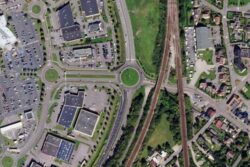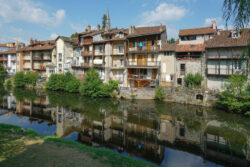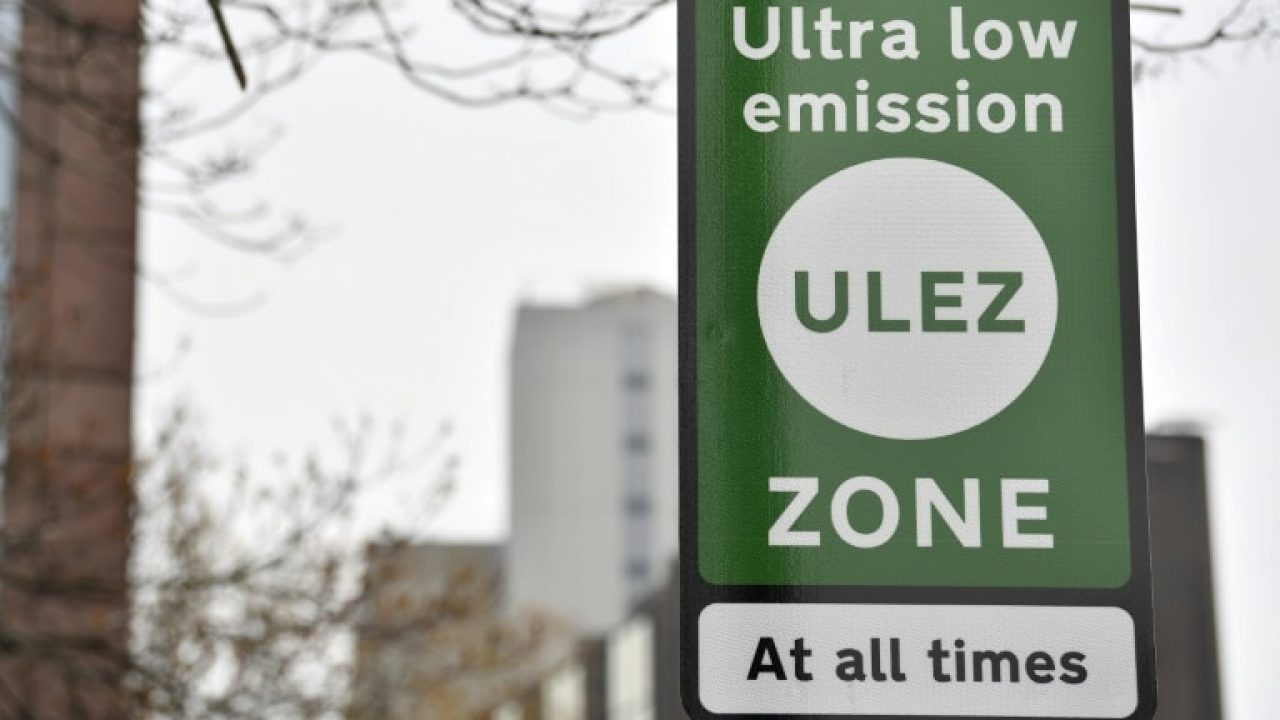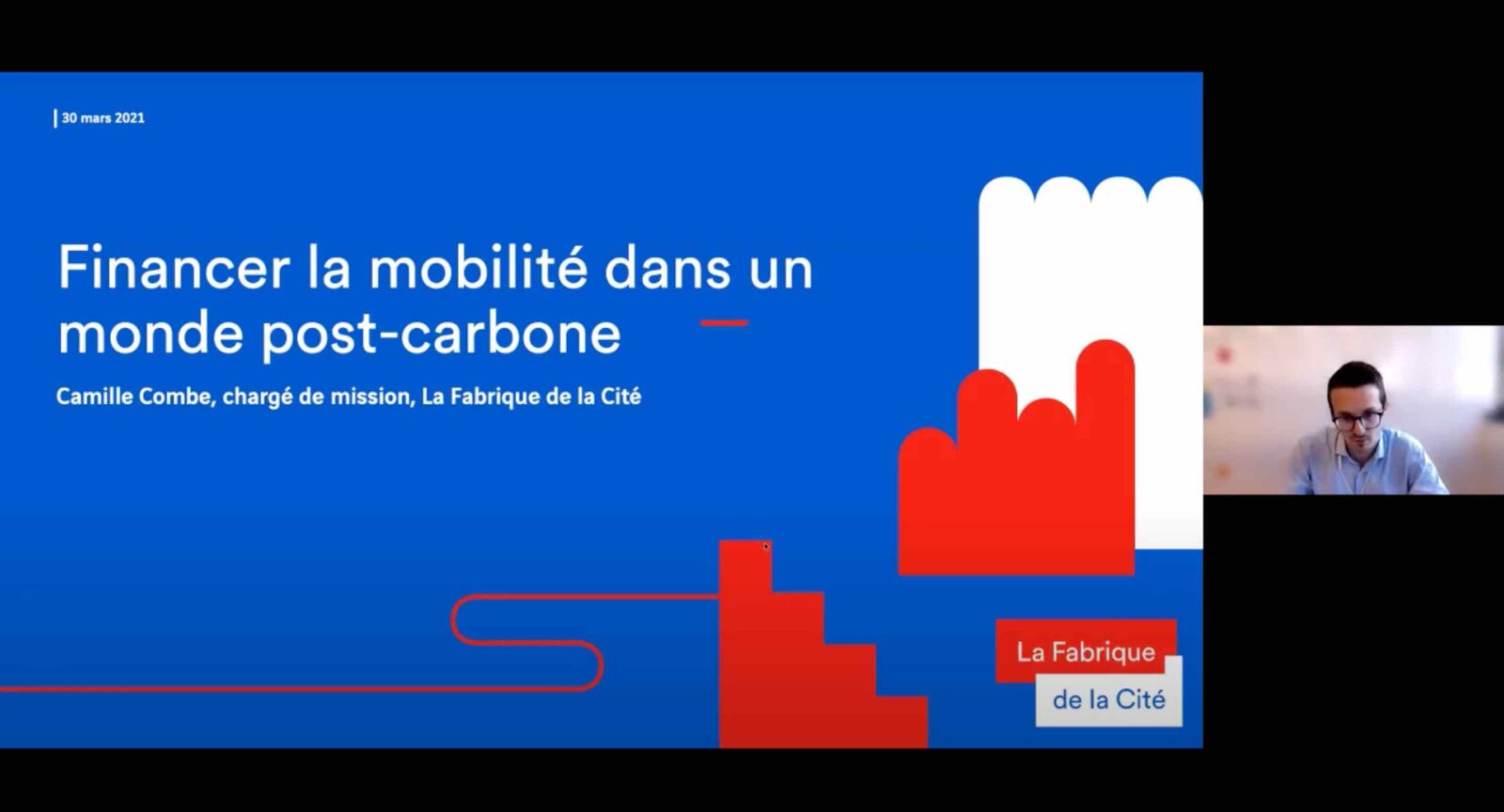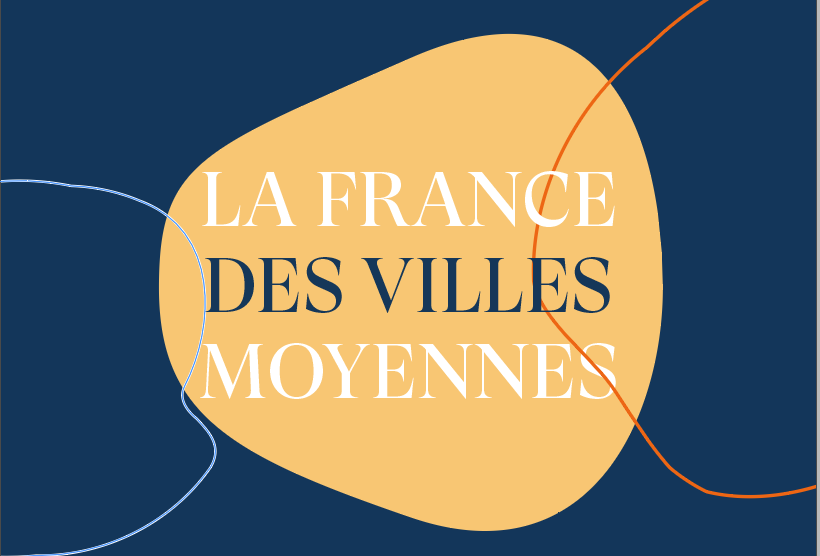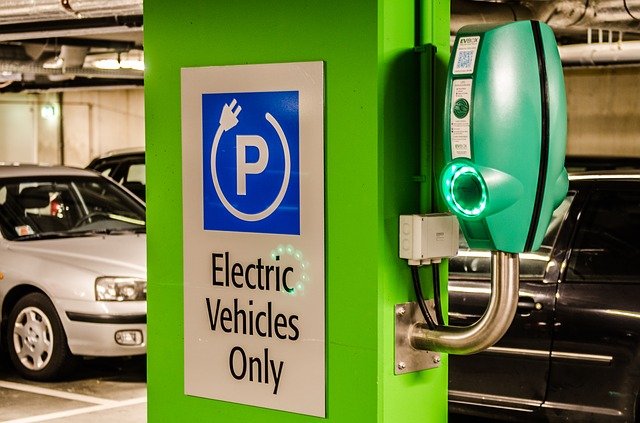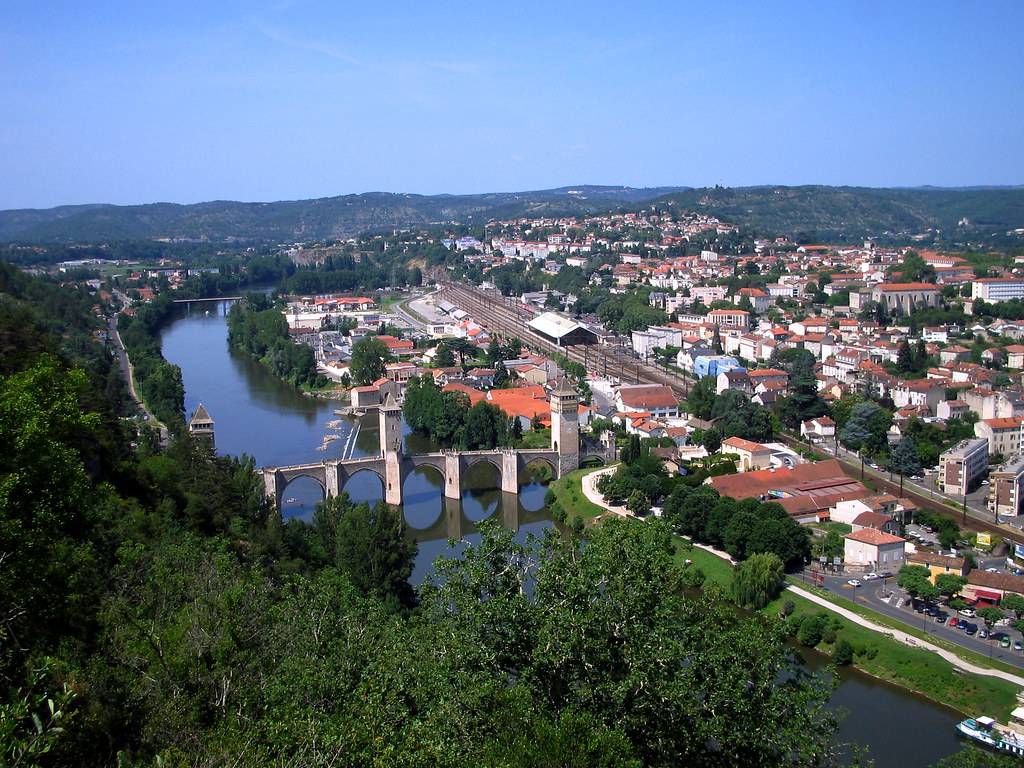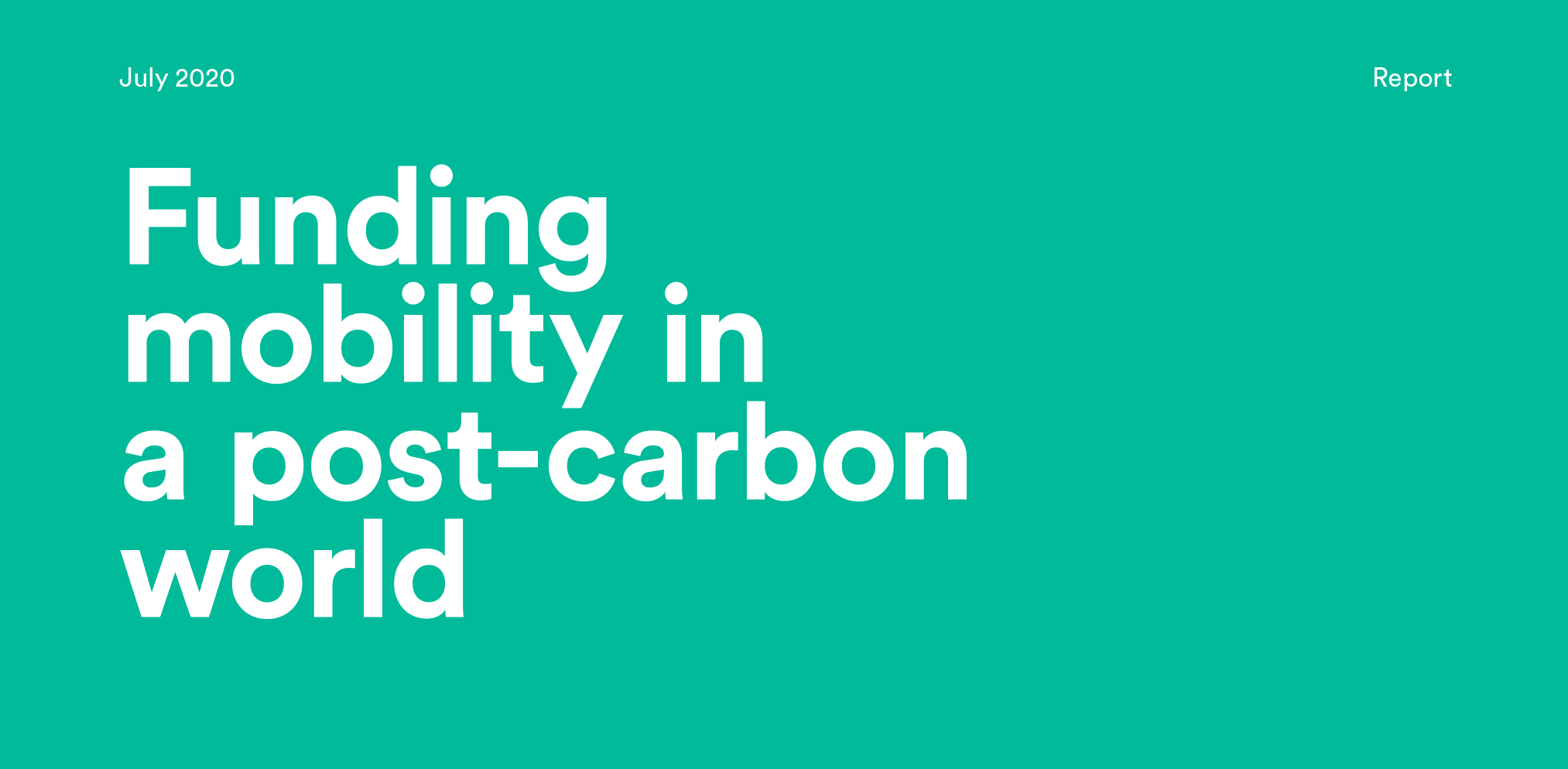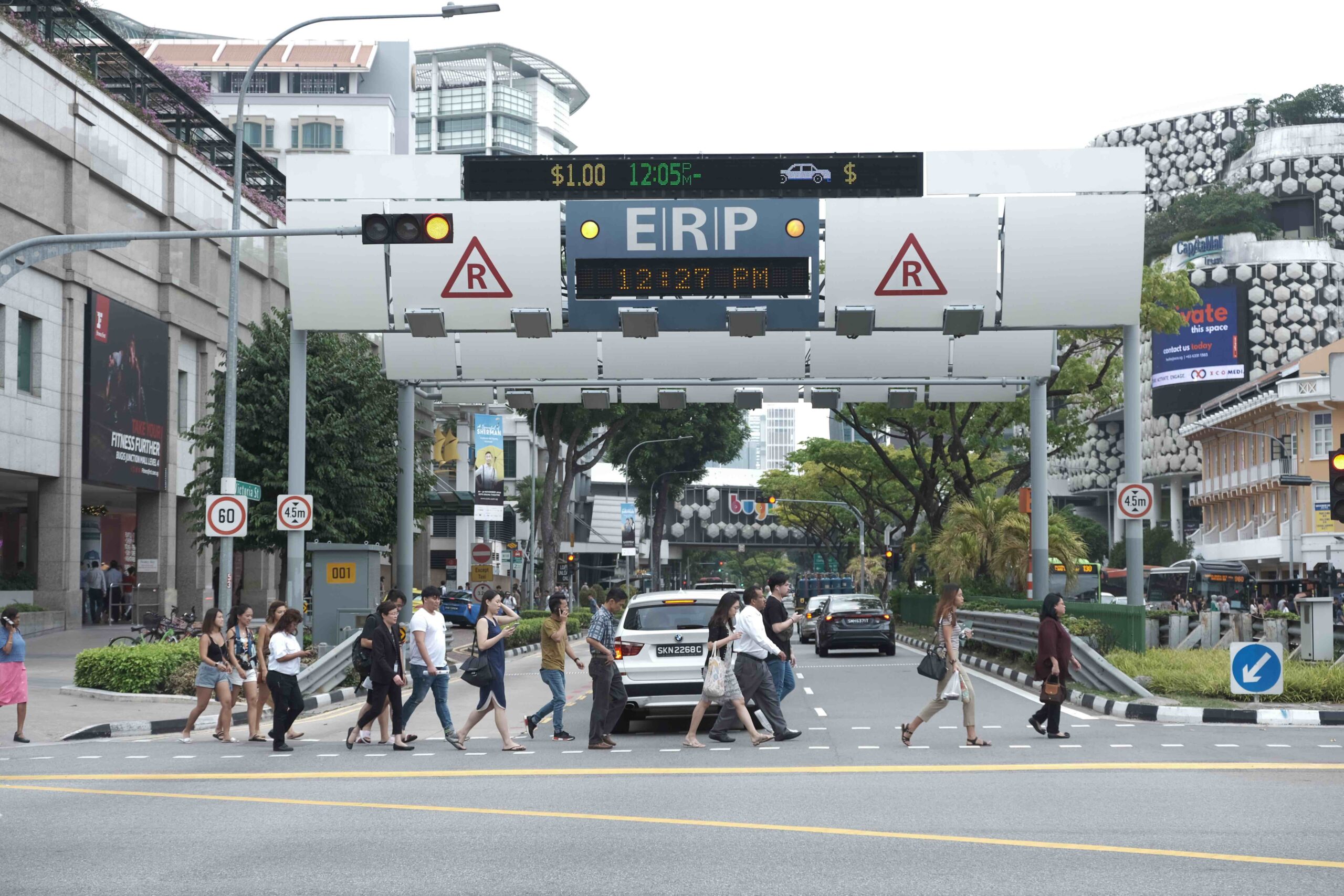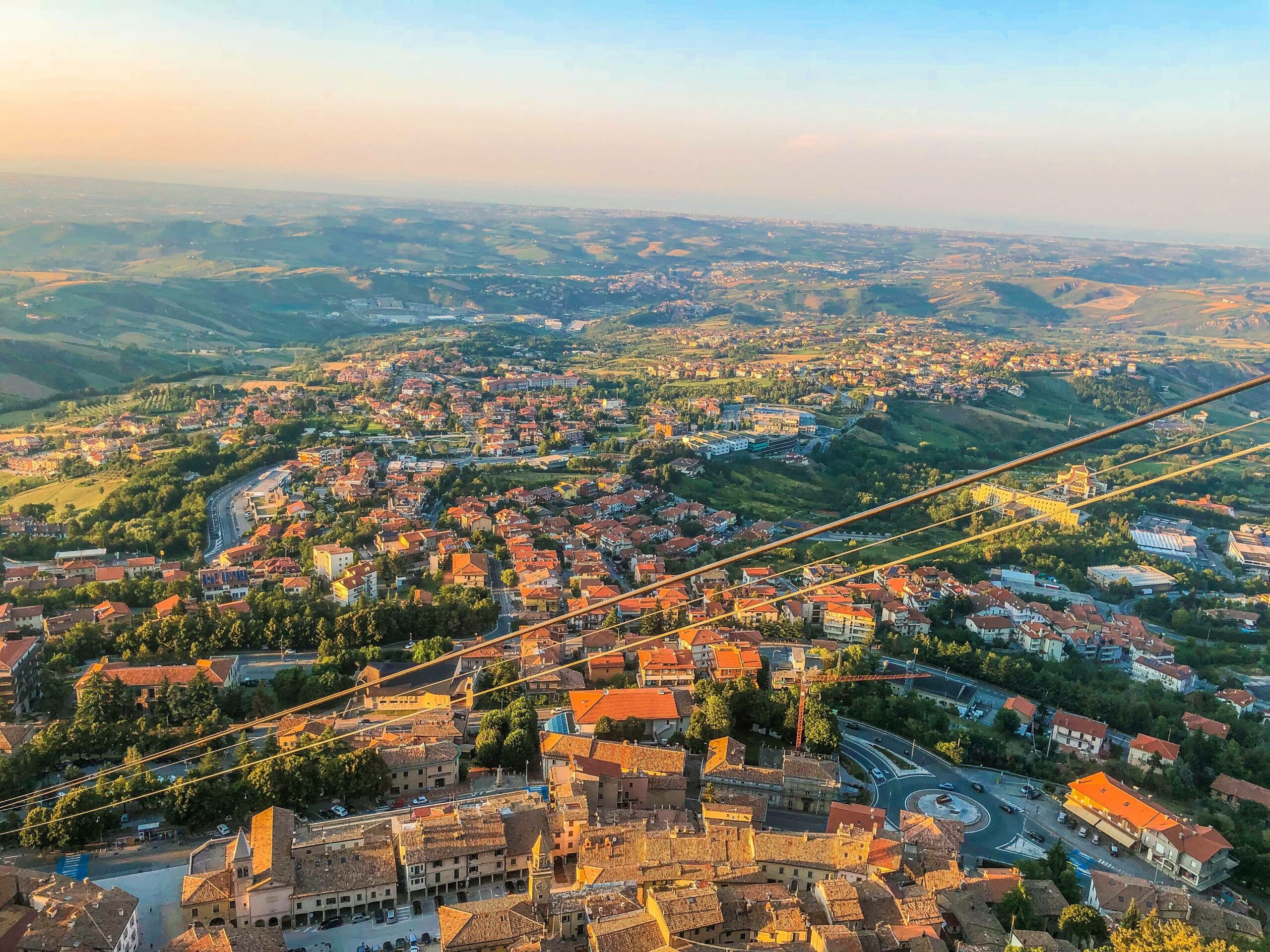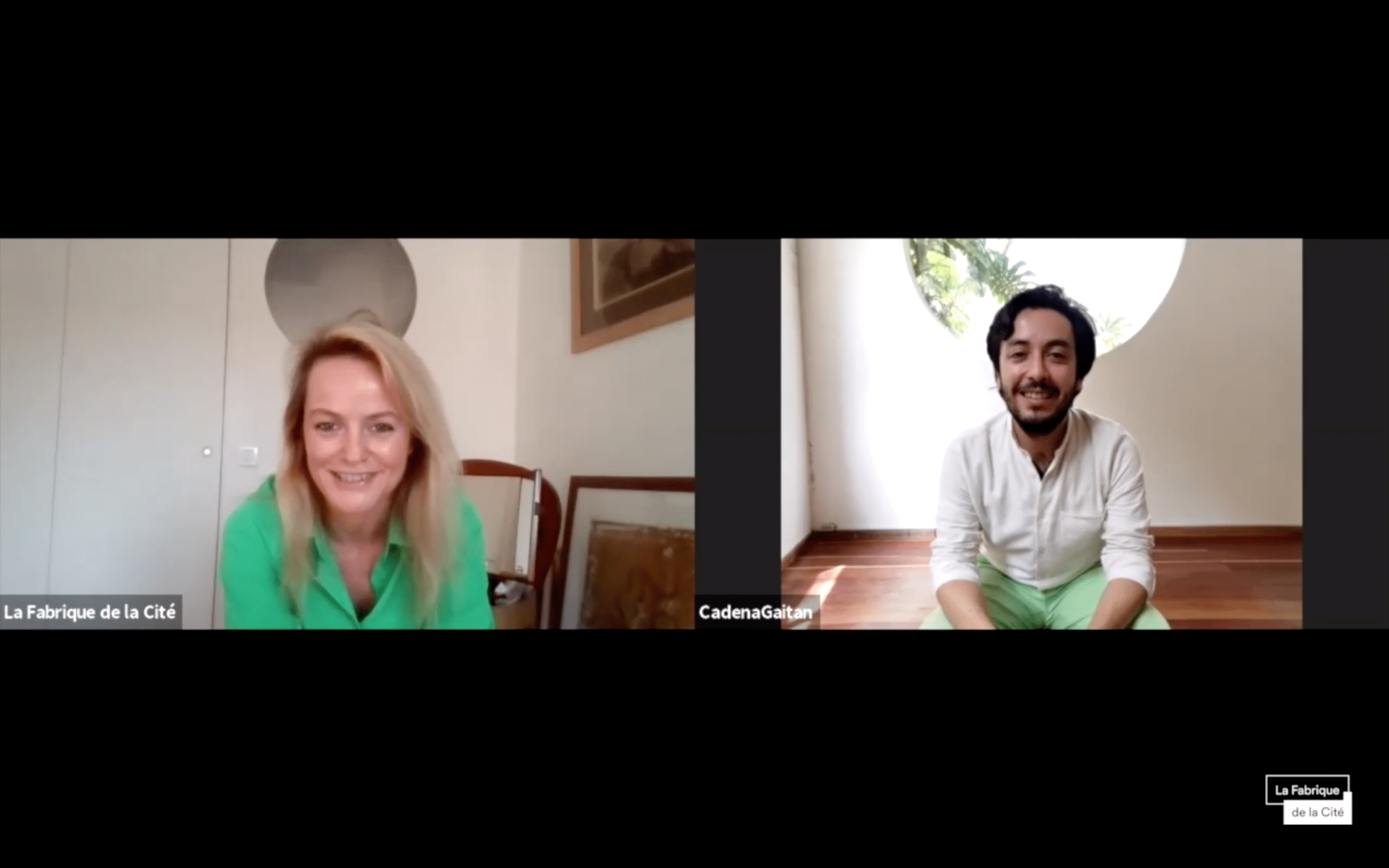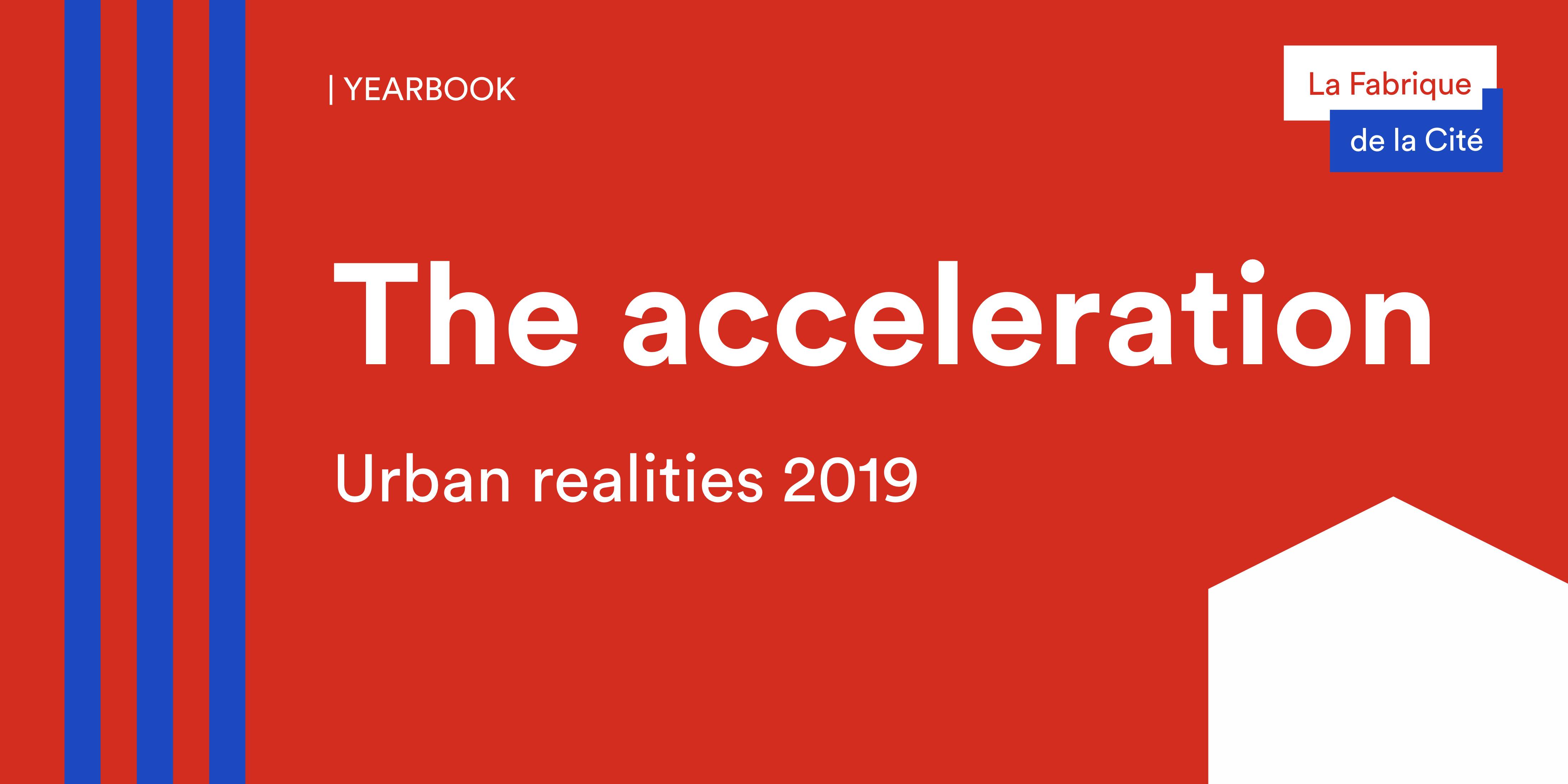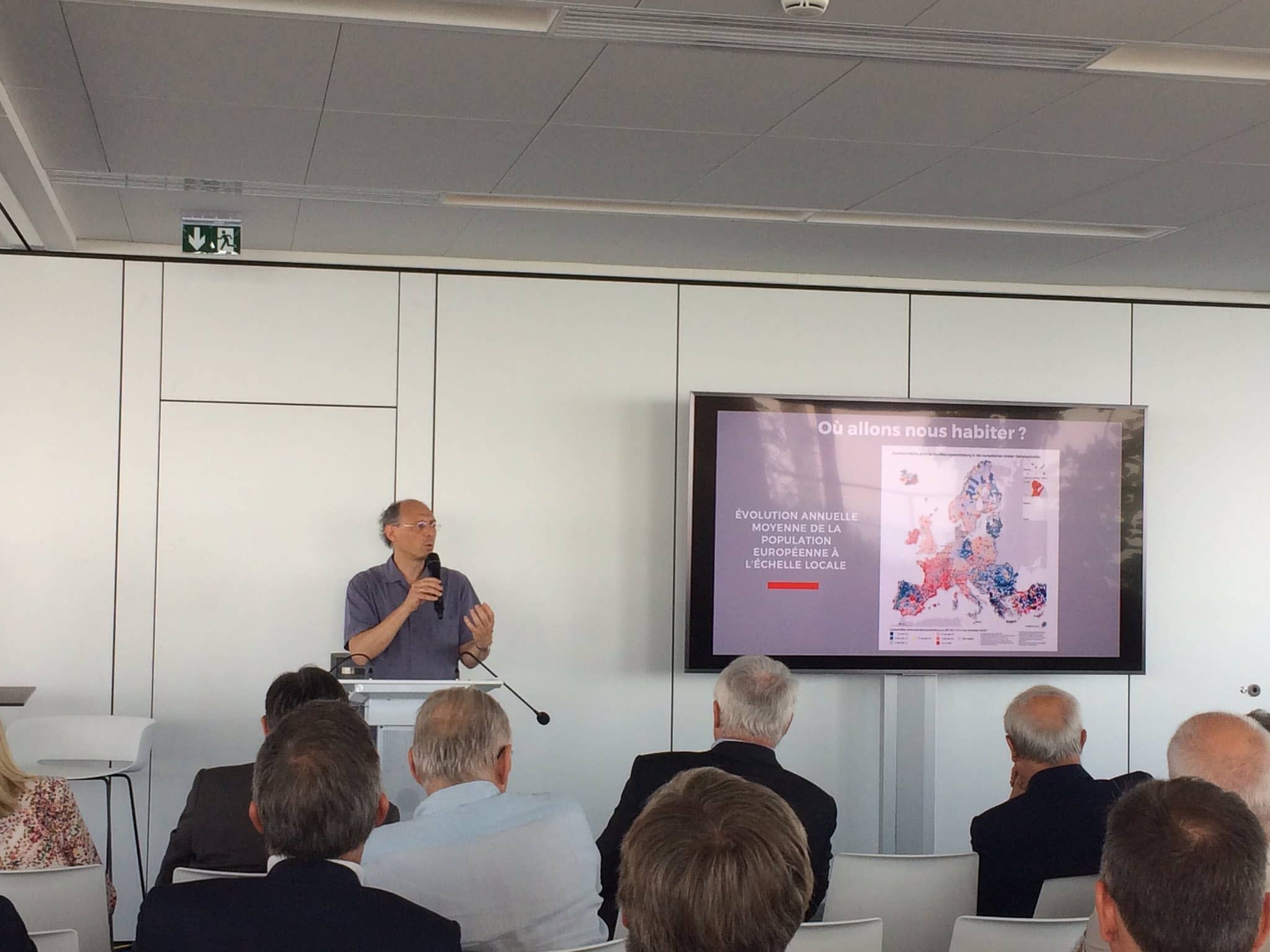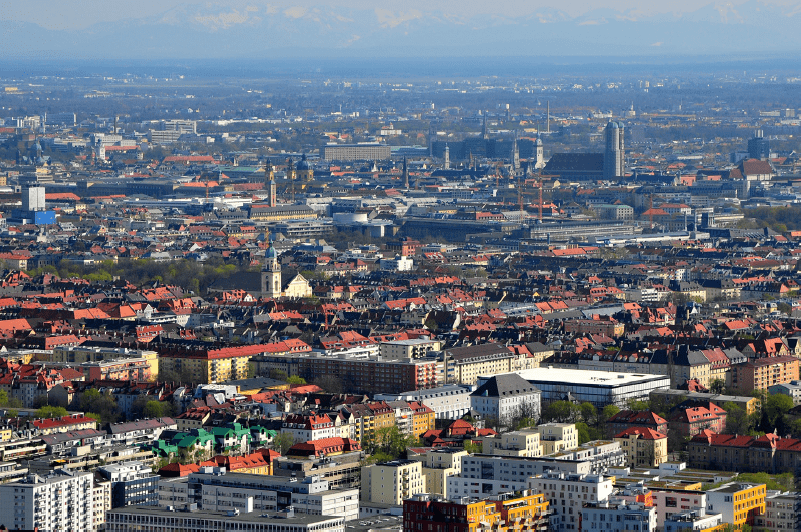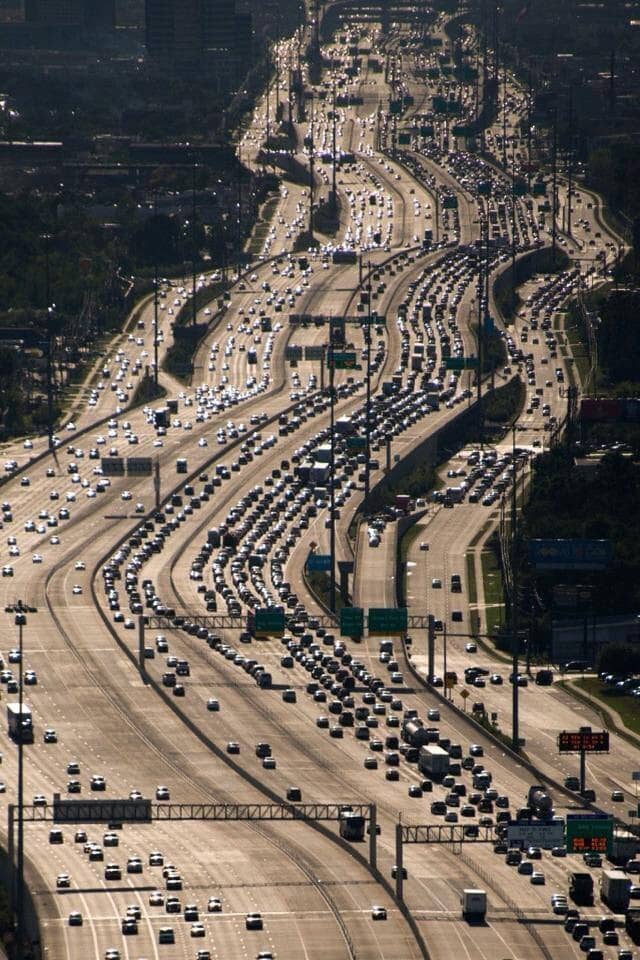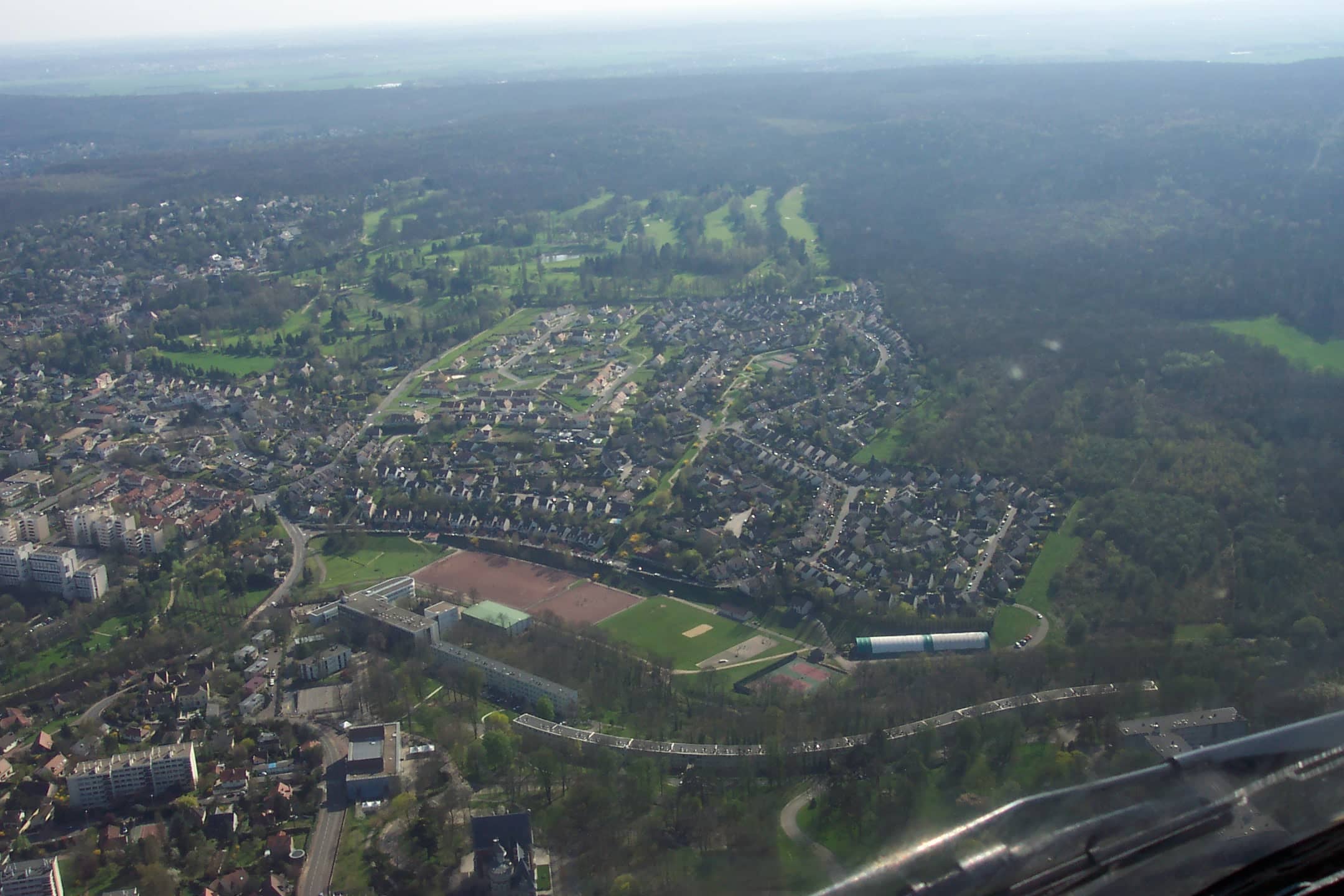

Intermediate distances at the heart of the Mobility Law

Each day, 16.7 million French residents travel an average 14.6 kilometers to get to their workplace. And their daily commute can’t seem to stop getting longer. Since 1999, the proportion of commutes below 10 kilometers has decreased, while that of 20- to 50-kilometer commutes has increased.
While relevant to one of four French citizens, mobilities over intermediate distances remain the poor relative of mobility policies. This commute category does not benefit from a precise diagnosis, solid data, clearly identified governance, or credible alternatives to the car. Compared to policies that regard distances below 10 kilometers or over 100 kilometers, rich with a wide array of multimodal offers, this intermediate category combines all handicaps. On the local authority side, it suffers from high operating expenses and requires significant investments that are rarely, if ever, profitable; on the user side, it equals daily congestion, limited or non-existent modal choice, and lack of low-cost options. This observation is not new. But the trends at work call for urgent responses, because they are intricately connected to the issues of employment, urban sprawl, social integration, and energy transition, in a mobility universe dominated by the car.
In the era of the digital revolution, it is tempting to see new technologies as the sole response to the challenges raised by this category of distances. To fill up cars using algorithms? A tempting but fragile solution, as the level of complexity of the issues raised here is not soluble in comfortable –yet illusory– magical thinking. If digital technologies can bring new tools for knowledge, itinerary calculation, and traffic management, it cannot solve congestion or pollution in and of itself. A new tool in the service of public action in matters of mobility, it cannot suppress the need for lasting action over the physical space, funding, and mobility governance.
In this context, and just as the upcoming mobility draft law intends to prioritize daily commutes, it is time to give these orphan mobilities the technical, institutional, and political support they currently lack.
Acting on these mobilities means, before all else, knowing them better; however, data is sparse in low-density areas that fall outside the scope of transport authorities, often focused on public transportation. Our mobility habits in these territories find themselves in a blind spot when it comes to data collection on our journeys. Acting on these mobilities also requires reconsidering the organization of transport authorities, beyond administrative frontiers. Catchment areas must play a central role in the reorganization of a system organized around needs and behaviors, including those related to cars. To act on these orphan mobilities means tackling head-on the issue of funding and the continuous decrease in the user cost of cars. Finally, it means promoting the rise of new behaviors by working on the physical infrastructure. Today, roads are the only operational network not saturated in terms of number of users, but effectively saturated with regards to the number of cars. On a majority of roads, infrastructure makes no difference between virtuous and non-virtuous modes: while preferable from a collective good standpoint, buses and car-sharers suffer the effects of congestion just as single riders do. In this matter, dialogue is fruitful between digital tools and physical developments.
The mobility law can herald a new age for daily commutes. To successfully respond to this challenge, it is necessary both to reconcile metropolises with their peripheries and to gather the entire range of mobility stakeholders.
These other publications may also be of interest to you:

Back from Cahors

Rebalancing

Size, Network and People
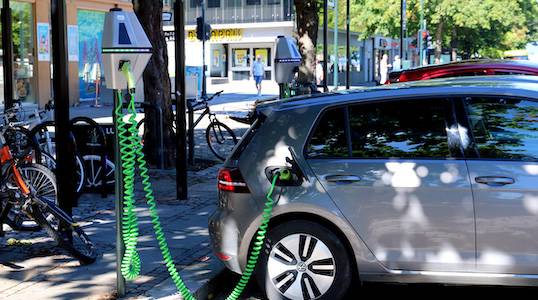
Funding mobility in a post-carbon world

Sending out an SOS

Behind the words: telecommuting

Behind the words: urban congestion

The political and technological challenges of future mobilities

Inventing the future of urban highways

Spatial justice, managing the situation to enable development?
“Dig, baby, dig”
La Fabrique de la Cité
La Fabrique de la Cité is a think tank dedicated to urban foresight, created by the VINCI group, its sponsor, in 2010. La Fabrique de la Cité acts as a forum where urban stakeholders, whether French or international, collaborate to bring forth new ways of building and rebuilding cities.















